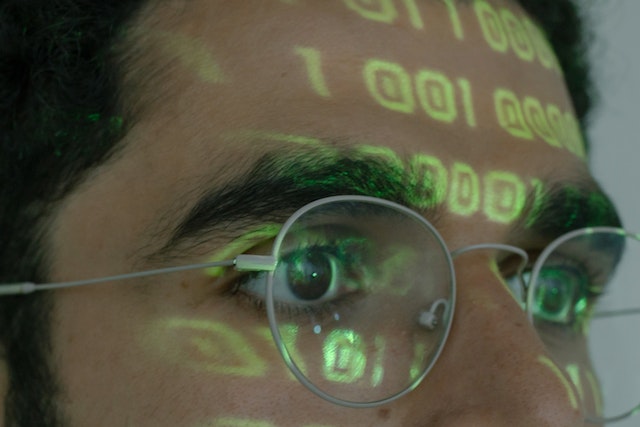
Artificial Intelligence Ethics and Concerns
The rapid development of artificial intelligence has brought to light important ethical considerations regarding the usage of AI in various applications. One of the most pressing concerns is the issue of bias and discrimination in AI algorithms.
AI systems are created based on data from a variety of sources. The algorithms are trained to identify patterns and make predictions based on this data. However, if the data used to train these algorithms has inherent biases, the algorithms themselves may perpetuate these biases.
For example, if a facial recognition algorithm is trained on a dataset that is mostly composed of white male faces, the algorithm may have difficulty accurately recognizing faces of people with other skin tones or genders. This can lead to biased outcomes, such as false positives or negatives in criminal investigations.
To address this issue, it is crucial that AI developers and researchers are aware of the sources and potential biases within the data they are using to train their algorithms. Additionally, it is important that diverse groups of people are included in the development and testing of these systems to ensure they are fair and inclusive.
Moreover, discrimination in AI does not only occur in the accuracy of the predictions; it can also manifest itself in the decisions made based on these predictions. For instance, an AI algorithm used in hiring processes may show bias against individuals with disabilities or who come from certain socio-economic backgrounds, leading to an unfair hiring process.
To prevent bias and discrimination in AI algorithms, it is important that these systems are regularly audited and tested for fairness. Moreover, industry standards that promote ethical AI practices should be established and enforced.
Ultimately, the development of AI technologies must prioritize ethical considerations to ensure that these systems benefit society in a fair and equitable manner. Without a commitment to ethical AI practices, the risks of perpetuating bias and discrimination are too great.

How AI could discriminate
For example, banks could accidentally discriminate against people by race if a machine learning algorithm suggests most of their customers are white, thus determining that it should decline black applicants.
The consequences of biased AI algorithms can be far-reaching and potentially harmful. Not only can they result in unfair treatment of individuals, but they can also perpetuate societal inequalities. For example, if a credit scoring algorithm is biased against certain demographics, it may result in those individuals being denied access to loans or other financial opportunities, perpetuating the wealth gap between different groups. Similarly, biased AI algorithms used in criminal justice systems may contribute to the disproportionate incarceration of certain demographics.
To prevent these outcomes, it is important that AI developers and researchers prioritize diversity and inclusion in their work. This means not only diversifying the data used to train AI algorithms but also ensuring that diverse perspectives are represented throughout the development process. Additionally, it is important to empower individuals to understand and question the decisions made by these algorithms. This requires greater transparency and accountability in the development and deployment of AI systems.
Beyond the issue of bias and discrimination, there are also concerns around the broader societal impact of AI technologies. As AI becomes more integrated into our lives, it has the potential to disrupt existing industries and shift the job market.

This can result in job loss and economic instability for some individuals and communities. It is important that policymakers and industry leaders work to mitigate these risks and ensure that the benefits of AI are distributed fairly across society.
Ultimately, the development and deployment of AI technologies must be guided by a commitment to ethical considerations and societal well-being. As we continue to explore the possibilities of AI, it is crucial that we approach this technology with caution and thoughtfulness, recognizing the potential risks as well as the benefits. This will require collaboration between industry leaders, policymakers, and the broader public to ensure that we are building an AI-powered future that is both innovative and responsible.
